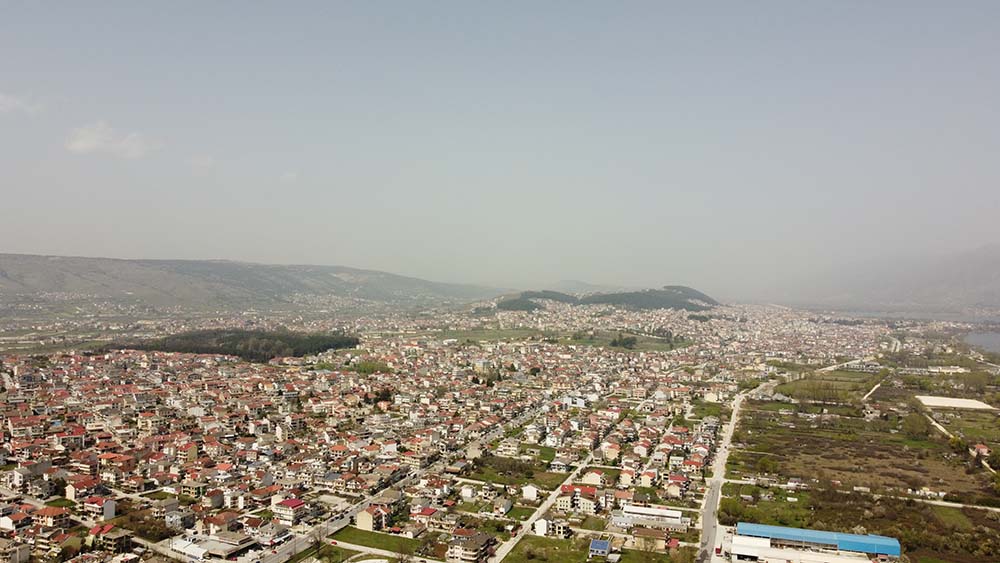What we like
Can we talk about climate-neutral cities?

Athens, Ioannina, Kalamata, Kozani, Thessaloniki, and Trikala constitute the six Greek cities chosen by the European Committee to participate in the “100 Climate-neutral Cities by 2030” Project.
What is Climate-neutrality, though?
According to the European Committee, climate neutrality is the transition to an economy with zero greenhouse gas emissions. Therefore, those six Greek cities aim to build economies that eliminate emissions, with green development being the goal.
Hence, the importance of climate neutrality is obvious. However, is climate neutrality possible for an economy constantly aiming to grow? Is it possible for an economy whose government seeks to accrue GDP yearly?
We know empirically that GDP accretion comes with greenhouse emission accretion. So far, no western economy has succeeded in its expansion while emissions are eliminated. Neither a western state nor a city is climate neutral. How will the six Greek cities and the ninety-four rest make it till 2030?
The most common answer is via high technology. Smart cities, big wind generators in the mountains, robots in factories and streets, and everything will eventually go green. The green development defenders will only suggest we examine Copenhagen’s or any other West European city’s green miracle.
The fact that greenhouse gas emissions elsewhere are not taken into account by those green “miracles” is something they, intentionally or not, skip mentioning. Construction, conservation, and rejection of modern technologies entail significant amounts of energy, toxic waste, and inhuman labor conditions.
Copenhagen’s green “miracle” is based on emissions and sometimes child labor otherwhere, mainly in Africa and South-Eastern Asia.

Consequently, Copenhagen is not climate neutral. Its sustainability depends on human misery and the destruction of local ecosystems far away from green Denmark. In times of climate crisis “local” becomes “global” and the other way around. Everything’s connected.
How can we address those issues?
Even though there is no golden recipe, there is a combination of ways to make EU economies go green without degrading economies and ecosystems elsewhere. You can check out the suggestions about the development of energy communities in Greece and open technology parks.
This article’s first aim is the saliency of climate neutrality’s dark side.
The second is the beginning of public debate and experimentation toward truly democratic climate neutrality.
—
*Vasilis Kostakis studies affairs of ecology and technology as a professor at TalTech University and as a researcher at Harvard University. He is a member of Meta’s advisory council. The article above was published under the permission of CC BY-SA 4.0 in which reapportionment and syndication are encouraged.
Article translated from Greek by Fivi-Androniki Boutari.


